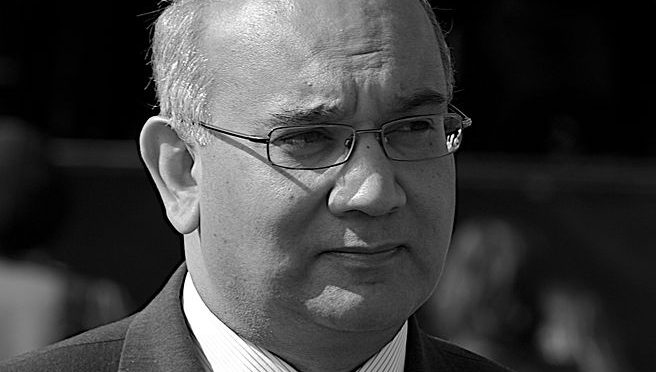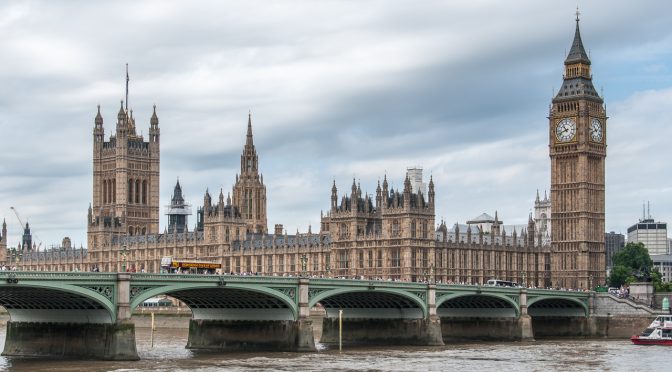When, a few weeks ago, a parliamentary committee – chaired by Keith Vaz MP – declared its support, in an interim report, for decriminalising sex workers, I was sceptical. My scepticism was based, not on inside knowledge of the committee, but on two main things:
- The declared purpose of the inquiry was to determine whether clients should be criminalised for paying for sex. But this point was ignored in the interim report. So why was an interim report issued before even considering the most important issue? This remains unclear.
- Over recent years, I’ve documented a rising ultra-conservatism which is permeating society, and is prevalent across the entire political spectrum (see my book Porn Panic! for details). Could it be, just as the pendulum is so clearly swinging away from liberal values, that we are about to see sex work fully decriminalised? Much as I’d like to believe that, it seems unlikely.
In the mean time, a couple of things have happened. The sudden downfall of Keith Vaz, following a tabloid sting, has led to him stepping down from the committee. The sting (which involved recording his alleged encounter with two young Romanian men), exposes him as a potential hypocrite (MP IN HYPOCRITE SHOCKER!) and has led to him stepping down from the committee. This was immediately seized upon by abolitionists, who called for the entire review to be scrapped.
Whether it is, in fact, hypocritical to pay sex workers while chairing a committee on sex work, will be left for another discussion. Can one imagine “Hypocrite MP who chaired football enquiry discovered to be Arsenal fan!”? Me neither.
Even more creepy than the carefully planned sting on Vaz was yesterday’s call from the “anti-slavery commissioner” (ugh) for Londoners to shop suspected brothels to the Metropolitan Police. The “sex trafficking” narrative has been escalated to a “sex slavery” one. The new campaign has been accompanied by hysterical language: “…sex workers in the capital were being beaten, raped and sometimes starved by the men controlling them in a form of human slavery that was blighting the capital”.
The coverage neglected to mention the almost total failure of the police to find “sex slaves”. In fact, raids on brothels have been used to arrest and humiliate sex workers, bust them for drug possession, and identify (and then deport) illegal immigrants. In short, the sex slavery hysteria is yet another new cover for the recently merged anti-prostitution and anti-immigration movements. “Rescuing” has become code for “harassing, criminalising and deporting”.
This new, Stasi-type attempt at citizen spying also ignores the fact that Vaz’s parliamentary committee has recommended the decriminalisation of brothel keeping. The police are ramping up anti-brothel raids under a law that is now widely seen – including by parliamentarians – as outdated and redundant.
Not only have illegal immigrants been targeted in this way, but even legal migrants have been targeted for deportation. In May it was reported that Romanian sex workers – EU citizens – are facing deportation on the basis that they are criminals. And their crime? This is unclear, as prostitution is legal in the UK.
So while we appear to be looking at isolated incidents, these events take place in an atmosphere of rising authoritarianism, anti-sex prudery and xenophobia. While Keith Vaz is in no way a libertine, one can predict with confidence that he will be replaced (on the Home Affairs committee) by somebody more socially conservative.
As I document the rising fascism in British society, I frequently check myself: am I cherry-picking to fit my narrative? Have I been swayed by conspiracy theorists? I’d like to discover that my pessimism about the state of society is misplaced. But sadly, I don’t think it is (feel free to reassure me in the comments section below).

